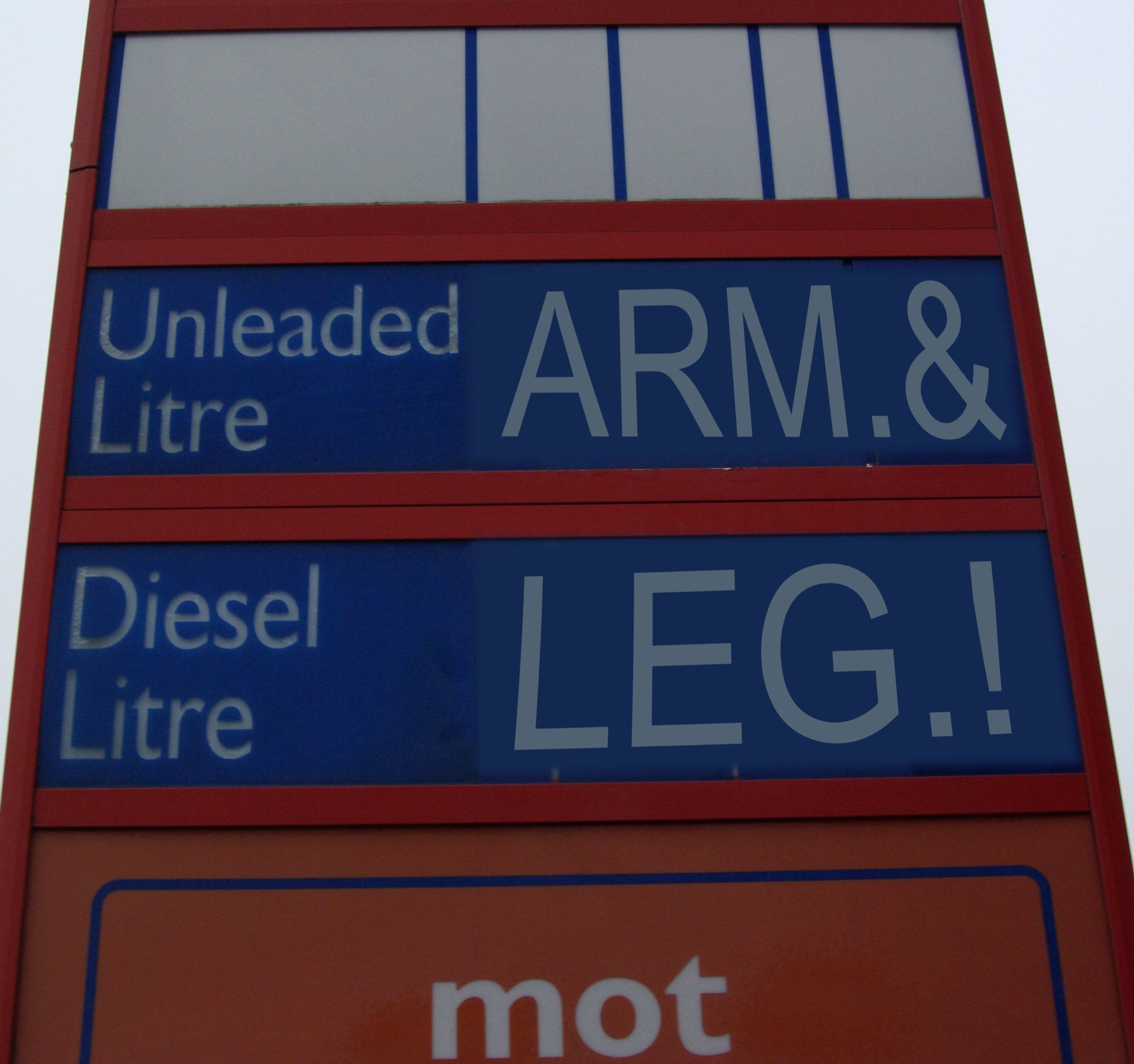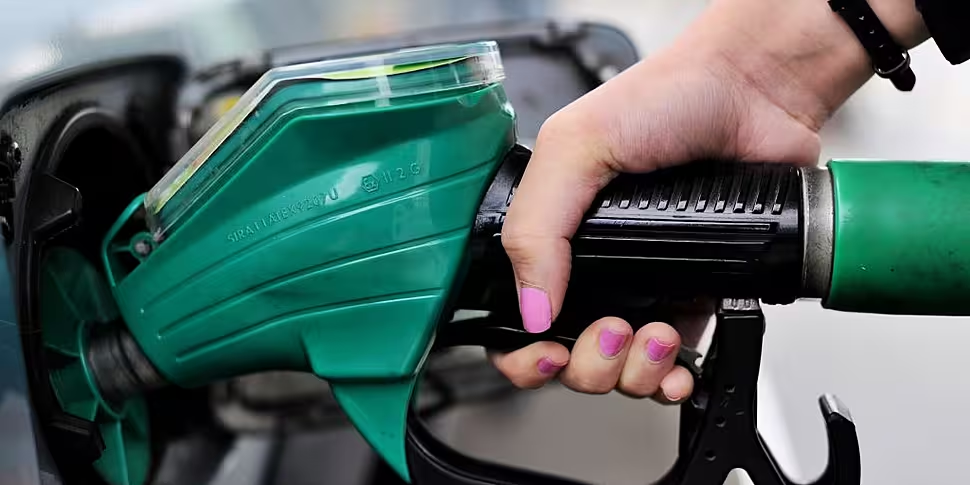Crude oil prices are currently at a four-year low, partially due to US President Donald Trump’s tariffs.
Despite this, prices at petrol pumps remain the same – so why has this change not been passed on to consumers?
According to AA Ireland’s April fuel surprise survey, the price of the average litre of petrol is €1.80.
Meanwhile, diesel continues to sit at an average per-litre cost of €1.77, as it has for the last three months.
Personal finance editor at the Irish Independent Charlie Weston told The Pat Kenny Show that US tariffs are not the only factor at play.
“Prices have been falling since before this month because the OPEC cartel has been releasing – particularly the Saudi Arabians have been releasing - more crude oil into the market,” he said.
“So, we really should be seeing some fall at the pumps.
“It’s the old adage that when crude prices go up, the fuel prices at the pumps goes up like a rocket and then falls like a feather – so very slow to fall.”
 Petrol Prices UK. Image: DAVID BARRETT / Alamy. 4 January 2011
Petrol Prices UK. Image: DAVID BARRETT / Alamy. 4 January 2011Mr Weston said that, from his own discussion with Fuels For Ireland, the representative group for oil importers and distributors, Government levies are playing a part keeping prices up.
“The Government does seem to take an awful lot of tax from fuel in addition to road tax, and that really annoys drivers,” he said.
“You’ve got the excise duty VAT, and they’re very high as well; we have some of the highest prices and the highest taxes in Europe for these things.
“So, there isn’t much left when you factor in how much the Government takes – you're talking about refining costs, currency variations, and then a margin for the distributors and for the retailers.”
More action needed
According to Mr Weston, more action is needed to force consumer prices to fall.
“We should have Government ministers coming out here, saying, ... ‘Come on guys, this needs to be passed onto people’,” he said.
“Because it affects everything – distributors, transport companies, the price of energy – the price of fuel feeds into so many other costs in this country.”
Mr Weston said there has been a reluctance to pass on price reductions since the COVID-19 pandemic and the outbreak of the war in Ukraine caused an energy crisis.
Main image: A driver fills up with petrol, © PA Wire/PA Images









